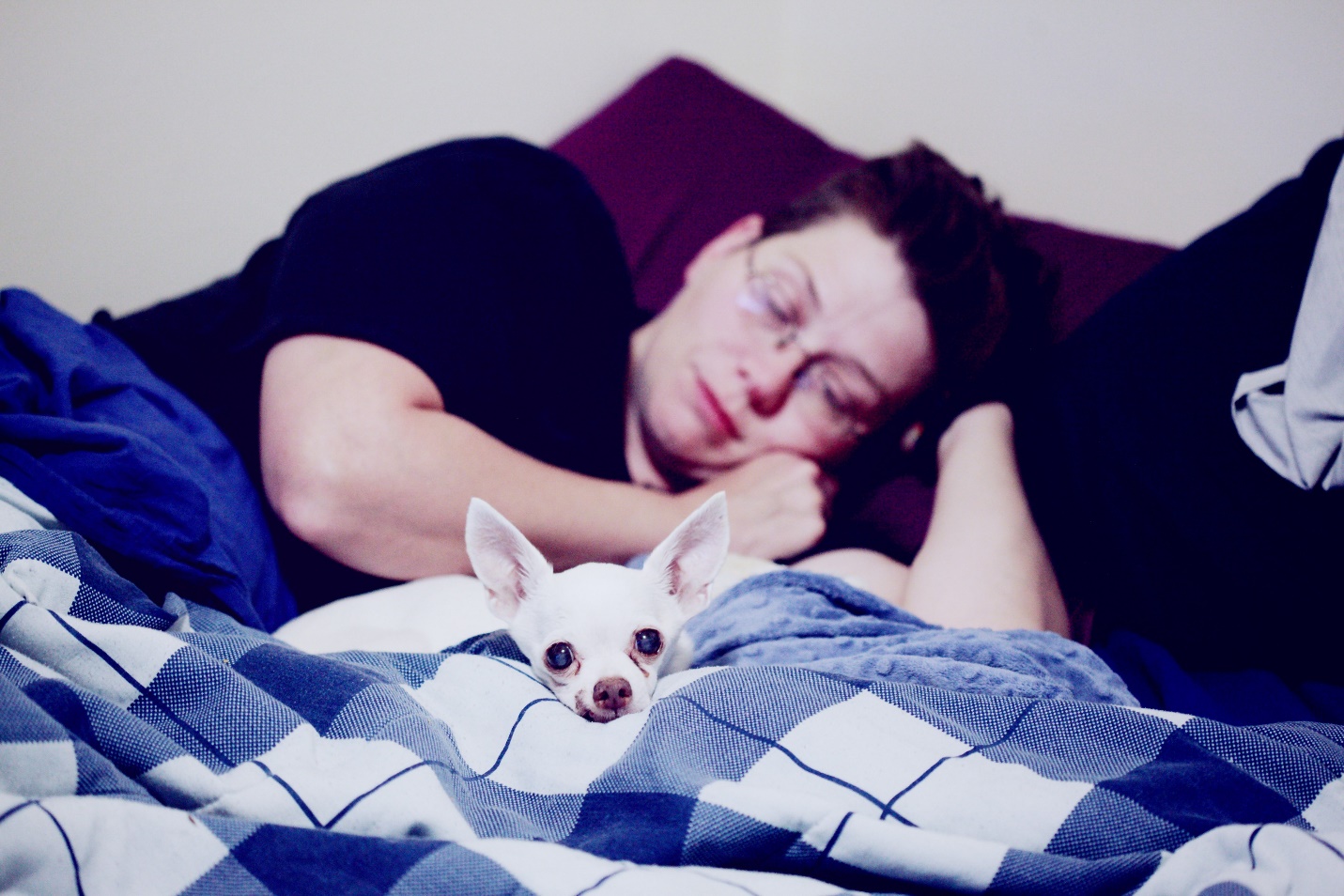Lockdown Fatigue: How To Reframe and Overcome Your Lethargy

A guide to understanding and moving through
the mental workload of quarantine.
“I’m tired, not like sleepy tired, just tired of
everything.” — Unknown
You know you should use this time well.
Enrol
in an online study course, learn a new skill, explore your options, plan for
your (somewhat uncertain) future — and chase other worthy pursuits.
But
you can’t find the motivation. Everything’s a struggle. You’re exhausted, even
though you’re spending more time in bed. It feels like you have a massive case
of procrastination going on.
High
chances are you’re struggling with lockdown fatigue —the
inevitable psychological fallout of Covid-19 and all it has brought with
it. It’s the reason so many people are feeling exhausted, irritable,
drained of energy and motivation — when they’re doing less than ever.
Lockdown
fatigue is probably most keenly felt around the (perceived) midway point of
quarantine — the point at which we’ve got used to life-in-lockdown but are
losing morale in the face of ongoing uncertainty. When will this end?
What will it look like when it does? And what’s even the point?
So What’s Going On?
Extreme
fatigue is one of the most common symptoms of depression. While this can be due
to physical causes — like poor sleep or overwork— it is often rooted in
psychological distress.
Lockdown
has brought plenty of both. Physically, people are exhausted with the extra
demands, like having to homeschool kids while putting in a full day’s work.
Mentally, as well as the backdrop of worry, lockdown is monotonous; it has
deprived us of activities we used to relax, enjoy, socialise and stimulate
ourselves.
So it
makes sense that we’re finding ourselves an odd mix of edgy and dazed, lacking
the motivation to move forward and to engage in new or creative projects;
struggling to make sense of a world that no longer makes sense.
Lockdown Fatigue: 8
Ways to Reframe and Overcome Lethargy
1. You’re a rookie so give yourself a break.
How
many times have you been in lockdown? Never is the
answer for most of us. So it makes sense that we’re only learning to play this
game. We don’t have to Be Amazing at it. We’re allowed (and
need) to acknowledge our angst and worries; we’re allowed to feel our way and
stuff up (a bit). We’re allowed to be unskilled at working from home and bad at
teaching our own kids. We don’t have to be hyper-productive right now even
though half the world is telling us we should. Feeling a bit “off” is normal
and okay. Just go with that for a while.
2. Let go of ‘I Should’ thinking.
Okay,
there are things we really do need to do at the moment — like basic hygiene,
domestics and work and organise kids — but we need to resist setting
unrealistic expectations or putting relentless pressure on ourselves. So
whenever you hear yourself use the statement I Should,
question the validity of what it’s telling you to do. And if it’s not necessary
right now, let it go.
3. Adapt routines — but don’t throw them out.
We’ve
all had to adapt our routines, or create new ones, and when you’re having
a what’s-the-bloody-point moment, it’s tempting to let them
slip. Don’t do that. Structure and routines are used in treating depression for
a reason. They give us a framework to hang our days on, but they do need to be
adjusted to suit our changing circumstances.
It’s
helpful to create rituals to make everyday events feel special. So, for
example, at dinner time set the table, light a candle, put on some music — go
out of your way to elevate the ordinary.
4. Keep track of your activities.
Record
things — the days, the distance you walk, the exercises you do, the books you
read, the things you see and hear. You don’t have to record all of them —
that’d be overwhelming in itself— but choose one thing to thread your days together.
It might sound odd, but tracking gives us a firm foothold in the world when the
days are starting to blur together and the lights feel permanently dimmed.
5. Drink water.
Drinking
water is the quickest way to relieve fatigue — and one of the easiest things to
forget to do. So keep your liquid supplies up.
6. Don’t take naps (unless you’ve planned
them).
Don’t
let your body sleep at will — even if you can’t shake the tiredness. It will
make you feel sluggish, rather than rested. If you need a nap, plan it — and
plan when it’s going to end too.
7. Move your body— one part at a time if you
have to.
You
don’t have to build a gym in your garage, do a two-hour workout or run lap
after lap of your block. But it’s important to shake your metabolism out of a
slow crawl. Your physical state hugely influences your mental wellbeing. You
can put yourself into an energetic physical state with a few quick exercises or
a dance routine. Doing a little, often, is good.
8. Do what fascinates you.
This
is our big chance to follow the threads that truly interest us without having
to do anything with them. Without anyone knowing. So explore and follow leads
to things that intrigue you. Let it happen naturally — notice what you find
yourself drifting to, again and again. And know that you don’t have to turn
them into a six-figure business. Just do them because you can.
Source:
medium.com
Writer:
Karen Nimmo

Add New Comment